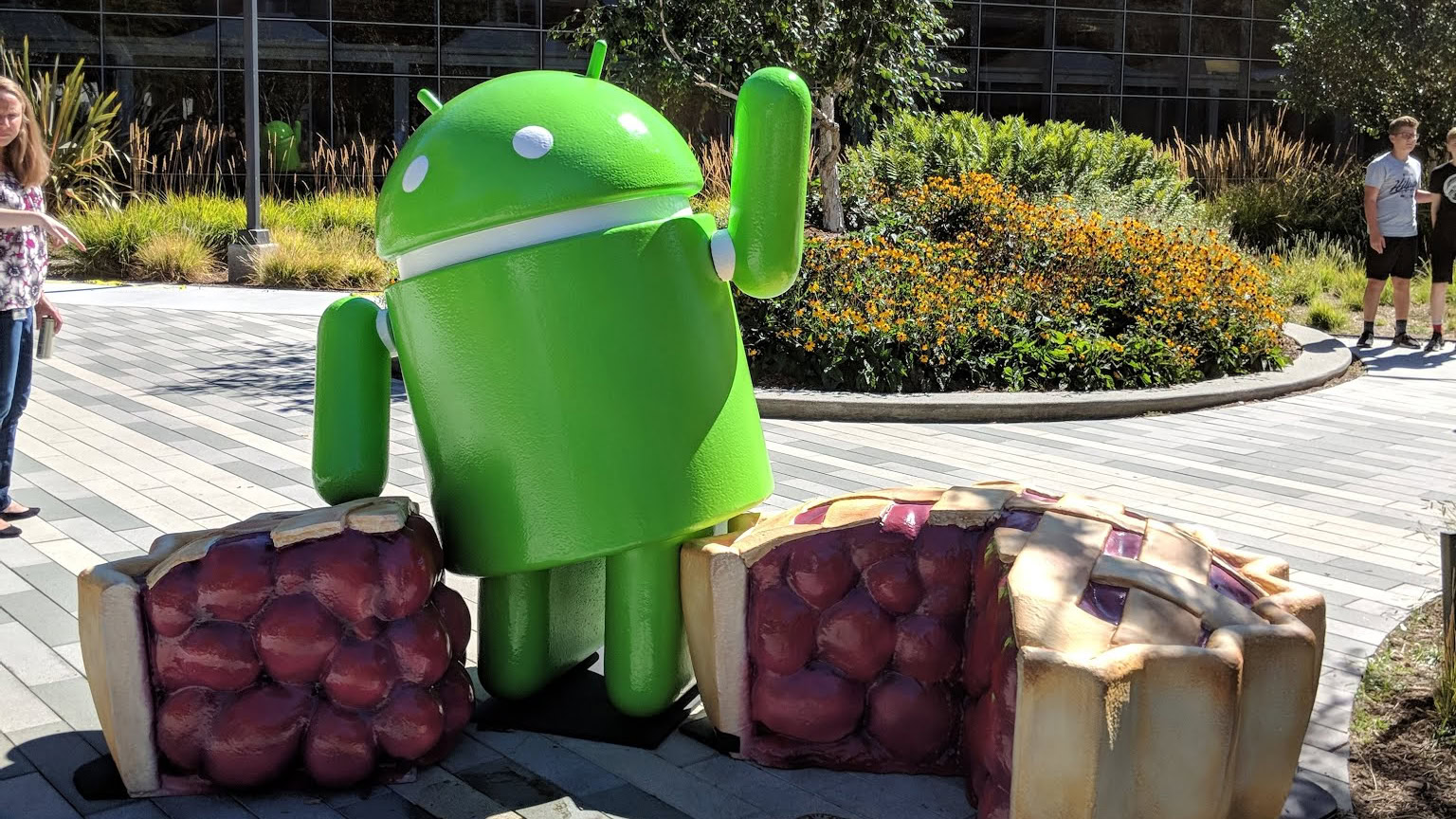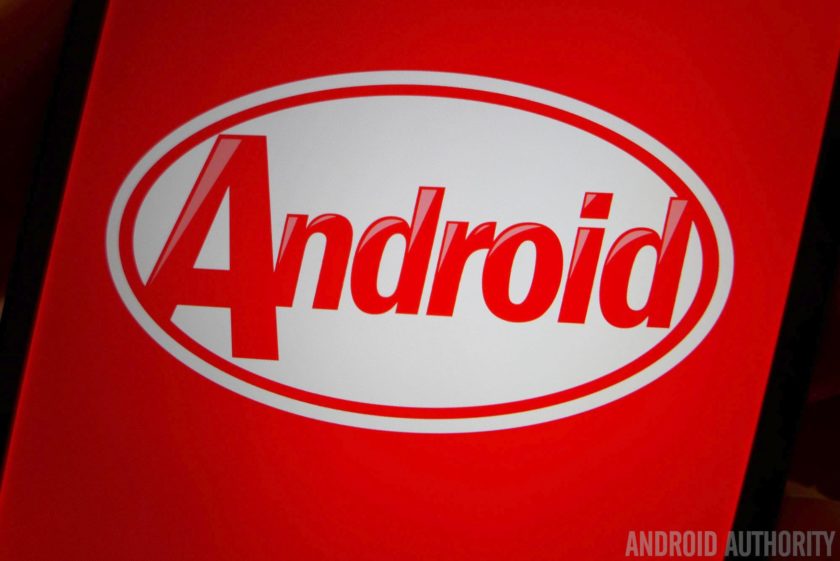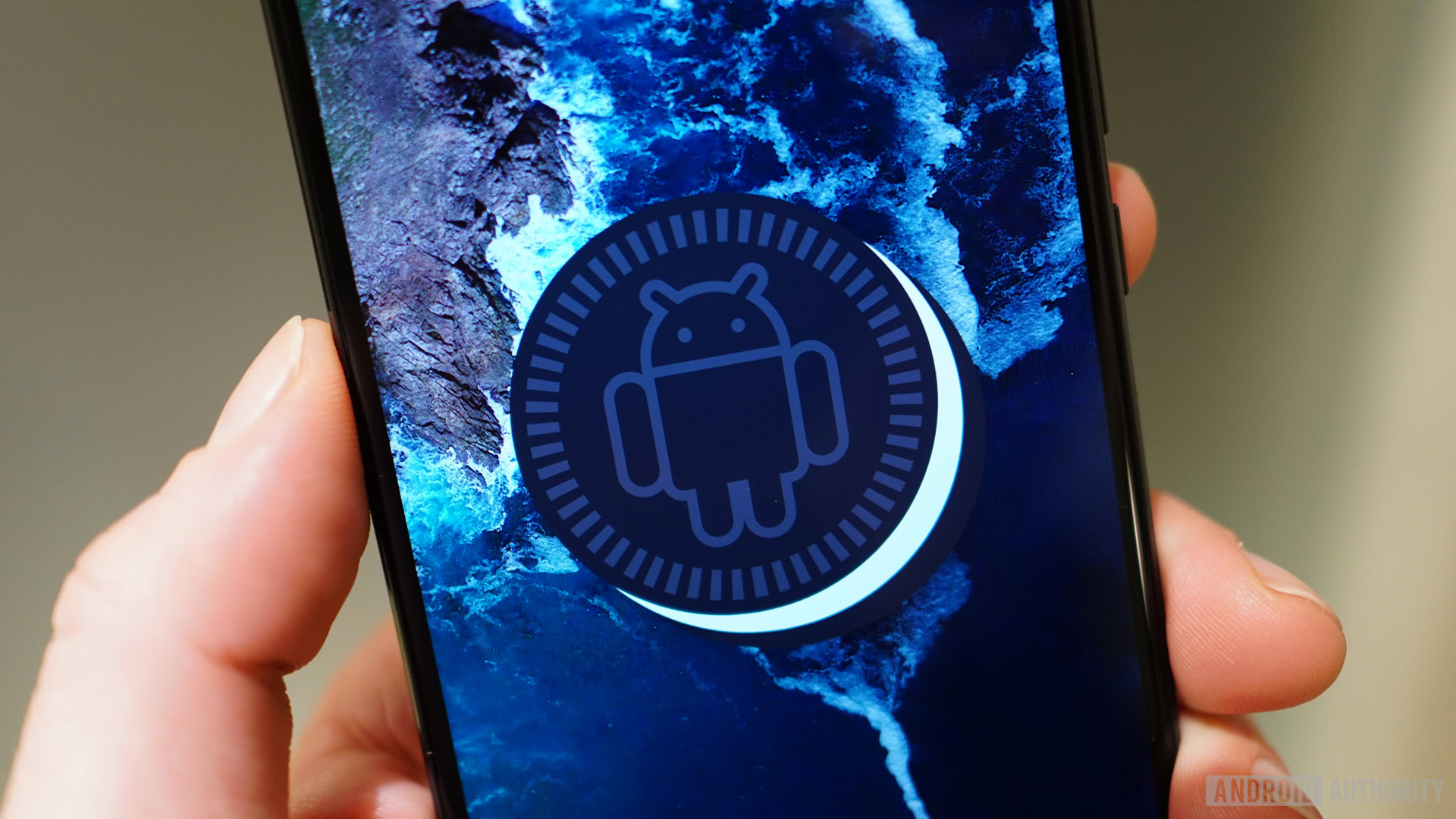Affiliate links on Android Authority may earn us a commission. Learn more.
The removal of Android treat names makes me sad, not gonna lie
Published onAugust 22, 2019

As you’ve probably heard by now, Google revealed to Android Authority that, as part of a full-on brand refresh, there will no longer be Android treat names attached to each new version. The next version of Android — previously known as Android Q — will officially launch under the name Android 10.
Not Android 10 Quiche, not Android 10 Quaker Oatmeal Cookie, or even Android 10 Quindim. Just Android 10, like Windows 10 or iOS 10 or the many other operating systems that mostly just use numbers to signify the latest release.
In the grand scheme of things, the removal of Android treat names is no big deal. In fact, I fully understand why Google is doing it (read our summary article of the brand refresh to find out). Still, I can’t help but feel that this new shift might change Android’s presence within the technology world. It’s almost like Android is losing a little bit of its identity with this change, and it makes me kind of sad.
Don’t miss: Inside Google’s massive Android brand refresh
Android treat names made it different

I have been a Windows user all my life. I’ve never owned an Apple computer and I’ve only dabbled a little bit with Linux. I know different versions of Windows come with different codenames, similar to how Android treat names work.
However, I couldn’t tell you any of those Windows codenames because those codenames aren’t a part of the brand identity of the operating system.
With Android, though, I can tell you every treat name — from memory — for every letter of the alphabet that incorporated a treat name (there weren’t official treat names for the first two Android versions, so there are no “A” or “B” Android treat names). I didn’t prep this ability in any way, I’m just able to recall them all because it’s easy to remember all the treats.
I can recite every alphabetical Android treat flavor by memory.
In fact, I can remember Android treat names better than I can the numbered versions. If you were to ask me, “Scott, what was the treat name for Android H?” I would be able to immediately answer, “Honeycomb, and it was designed just for tablets.” But if you were to say, “Scott, what was the treat name for Android 3.0?” I wouldn’t be able to tell you. My first guess would likely be Eclair, but it’s not — it’s the same answer, Honeycomb.
I don’t know about you, but remembering dessert names is way easier for me than remembering numbers. It also set Android apart from other operating systems that — let’s be honest — have really boring names. I feel no excitement over the fact that the latest version of iOS will be known as iOS 13. WHOOP-dee-doo.
New Android versions will be a little less fun

Each year for the past few years, it’s been a fun game to attempt to guess what the next flavor of Android will be. Last year (Android P) had so many possibilities: Popsicle, Pop-Tart, pastry, popcorn, etc. When we finally found out it was Android 9 Pie, there were probably a ton of people out there who won a couple of bucks in a friendly bet.
Now, though, we already know what the future version of Android will be called: Android 11. That’s no fun at all.
With numbers only, even the very idea of saying “flavor of Android” won’t happen anymore. No one ever says “the next flavor of Windows” or “the next flavor of iOS,” because there are no “flavors” to those operating systems.
Going forward, we won't even be able to say 'the next flavor' of Android because there won't be a flavor.
The only other major operating system with an interesting naming scheme is macOS, which used to be named after large cats and now is named after prominent rock formations. That’s certainly more fun than numbers but not quite as fun as dessert treats.
With Android treat names no longer a thing, macOS will be a tiny bit more fun than Android, at least when it comes to naming. That definitely makes me sad.
Ironically, Android feels a little less accessible now
Google is rebranding Android in the name of accessibility, and one of the reasons Google is abandoning Android treat names is due to how those names don’t translate well around the world. Some people have never heard of KitKat bars or ice cream sandwiches, and a word like nougat might be hard for people to pronounce.
While that makes sense to me, treat names do help people better understand which version of the operating system they have. It’s far easier for a non-techie individual to remember that they use Android Oreo than it is for them to remember Android 8.1.
Non-techie folks will likely have an easier time remembering their Android flavor than their Android version number.
In a way, Google is making Android a little less accessible in its attempt to make it more accessible.
Android is a global property, though, and using numbers instead of treat names does make things much more streamlined for a global user base. I’ll fully admit that. But the treat names made things easier for many people to understand.
Luckily, Google will still be using internal codenames for Android, so the legacy of the treat name will carry on, if only in a tiny way. I can’t help but feel that this is a major turning point for Android, though. It’s almost as if Android is losing a little bit of its history today.